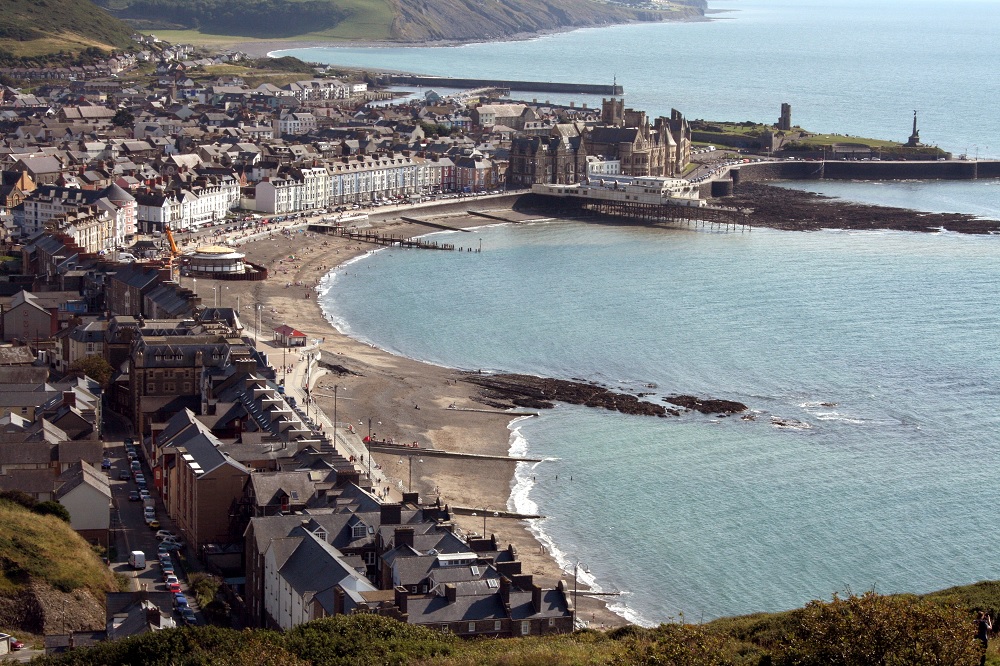Wales’ coastal towns had fewer Covid-19 deaths, study finds

Wales’ coastal towns had fewer Covid-19 deaths than inland areas, data by the Office of National Statistics suggest.
The study looked at deaths attributed to the pandemic across Wales and England, and found that mortality rates were almost half in large coastal towns.
Up to 18 September, they found mortality rates were far lower for large seaside towns compared to large non-coastal towns – 63.0 per 100,000 people compared with 102.2 per 100,000.
In Wales they looked at Penarth, Barry, Rhoose, Llantwit Major, Port Talbot, Swansea, Llanelli, Burry Port, Pembroke, Milford Haven, Aberystwyth, Caernarfon, Bangor, Llandudno, Colwyn Bay, Abergele, Kinmel By, Rhyl and Prestatyn.
Dr Konstantin Blyuss, a Reader in Mathematics at the University of Sussex, said that the age breakdown of such towns could be playing a part, with an older population less likely to find themselves in large groups such as travelling to and from work.
“With coastal towns having, on average, older population, who may not be doing so much commuting, combined with a smaller proportion of younger people, who are generally socialising more, this all results in reducing levels of people mixing for extended periods of times in close proximity of each other,” he said.
“That could be one of the reasons why coastal towns in England and Wales have so far experienced smaller rates of COVID-19 deaths.”
‘Insulated’
Those behind the study said that the lower death rate may come as a relief to coastal residents who saw large crowds flock to the beaches as the lockdown was eased over the summer.
Dr Clarke, an Associate Professor of Cellular Microbiology at the University of Reading, said: “This looks like positive news for people living by the coast who may have been worried that stay-at-home holidaymakers would bring extra Covid19 deaths to their more elderly resident populations.
“These data show that, on the whole, deaths have been lower for people living by the sea than elsewhere.
“Older retirees with more indicators of deprivation, living in individual homes and less likely to be going out are presumably much better insulated against Covid19 infection and death, than their less deprived metropolitan counterparts, for whom close contact with other people, including carriers of the virus, will be harder to avoid.”
Support our Nation today
For the price of a cup of coffee a month you can help us create an independent, not-for-profit, national news service for the people of Wales, by the people of Wales.






